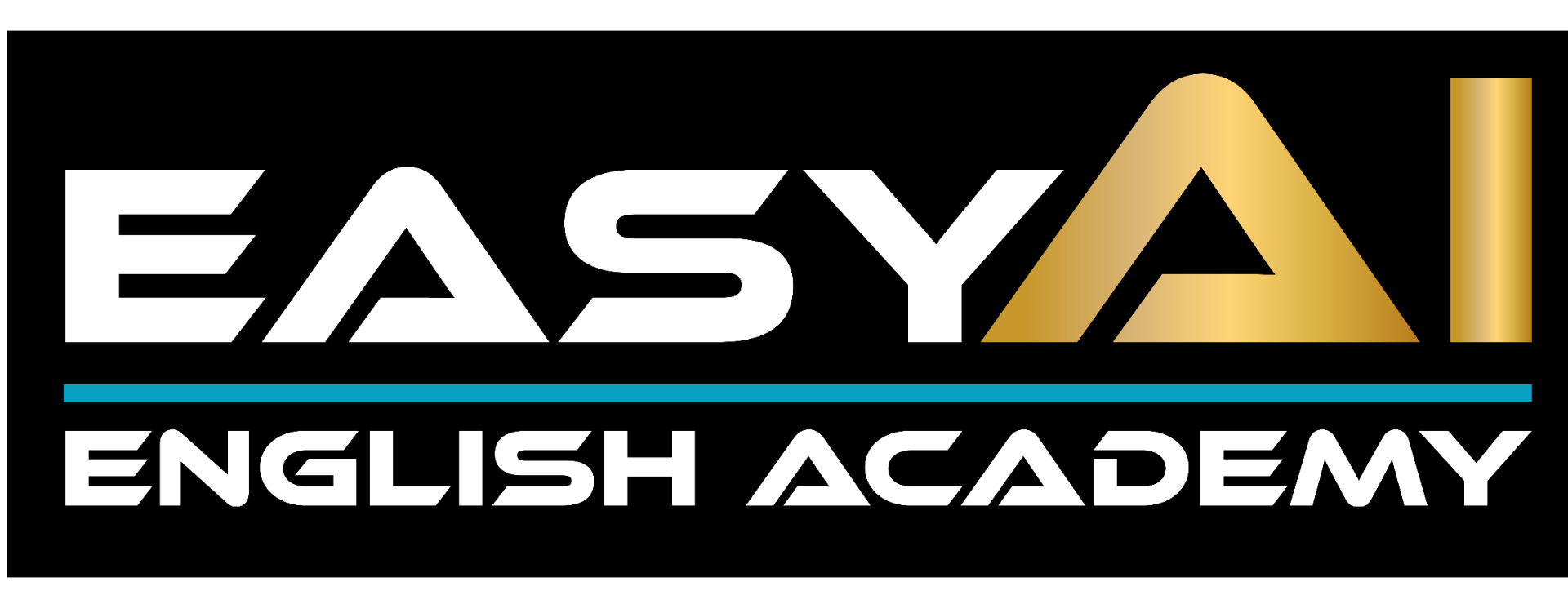Do you ever find yourself stuck in the middle ground, uncertain whether to sway one way or another when facing those difficult essays on exams like IELTS and TOEFL? It's a struggle many test-takers know too well. But what if I told you that the secret to success lies not in straddling the fence, but in taking a bold leap onto one side? Your decision, while in the middle of writing your essay, to commit to a singular perspective could be your ticket to not just better test scores, but a better educational and academic future. Knowing how to craft essays that leave a lasting impact is an essential requirement in achieving high grades in any university course curriculum or for your future writing, including postgraduate dissertations.
Picture this: You're at a crossroads taking the IELTS or TOEFL essay exam, grappling with whether to agree, disagree, or sit on the fence. Sound familiar? It's a dilemma that has confounded many test-takers. But let me ask you this: Can you recall a time when standing firm, unwavering in your beliefs, led to a breakthrough? Perhaps it was in a heated debate or a persuasive argument. The truth is, when it comes to these high-stakes exams, there's immense power that you hold in obtaining a higher test score in taking a definitive stance. And here's why.
Reason 1: The Art of Persuasion
Imagine you're crafting an essay on the impact of social media on society. Now, you could toe the line, offering a wishy-washy "on one hand, on the other hand" perspective. But let's be real - is that realistic? Instead, imagine boldly declaring, "Social media is a double-edged sword, slicing through our connections and mental well-being." Suddenly, your words carry weight. Your conviction shines through, grabbing the reader's attention and leaving an indelible mark leading to a higher score. It's not just about presenting arguments; it's about wielding the art of persuasion like a master essay writer, leaving no room for doubt.
Reason 2: Coherence and Efficiency
Ever tried juggling multiple viewpoints in an essay, only to end up in a tangled mess of ideas? Trust me, I've been there when I wrote Grade 11 high school essays expressing different interpretations of Shakespeare's writing. That's why committing wholeheartedly to one side is like cutting through the clutter and adding unnecessary fluff. Suddenly, your arguments flow seamlessly, each point building upon the last with purpose and clarity. Take the topic of mandatory voting, for instance. Instead of deciding between "yes, but also no," why not take a stand: "Mandatory voting is a cornerstone of democracy, amplifying the voices of the people"? See the difference? It's not just about what you say; it's about how you say it - with conviction and coherence.
Reason 3: Embracing Clarity
There's beauty in simplicity, isn't there? By wholeheartedly embracing either agreement or disagreement, you sidestep the pitfall of self-contradiction that an IELTS or TOEFL examiner will notice immediately, resulting in a lower test score. Do not waste your time tiptoeing around conflicting statements or muddying the waters with ambiguity. It's about clarity of purpose, forging ahead with unwavering resolve. Take the debate on environmental regulations for multinational corporations. Instead of getting lost in the maze of "yes, but also no," why not boldly declare, "Yes, stricter regulations are non-negotiable in safeguarding our planet"? Your message is clear, your voice unwavering - and that's what resonates and catches the examiner’s attention.
Reason 4: Simplifying Complexity
Sure, acknowledging counterarguments can showcase your critical thinking skills. But let's face it - it's a slippery slope. One wrong step, and you will tumble into confusion in the middle of an exam and freeze your thoughts. That's why sometimes, it's better to keep it simple. Take the debate on AI and job markets, for instance. Instead of tiptoeing around concessions, why not take a stand: "AI spells the dawn of a new era, but not without its casualties"? Your message is crystal clear, and your stance is unwavering. And in the end, isn't that what matters most?
The truth is that the final result of a language proficiency exam will affect the course of your future, so there's no room for half-measures. By boldly committing to one side of the fence, you're not just crafting a good essay; you're showing the examiner that you can communicate in English with your writing. So, the next time you face an opinion essay prompt, remember this: Fortune favors the bold. Embrace conviction. Take a leap of faith. And watch as your words paint a picture that's impossible for the examiner to ignore.
NOTE; The same skills mentioned in this essay must be applied to the CELPIP Writing Survey Questions; there is no option to take a neutral stance
Join me and register for my free online workshop where you will learn how to integrate AI to improve your IELTS, TOEFL, and CELPIP test scores on Saturday, April 20.2024 at 10:00 am
AI-Boosted CELPIP Success: Discover Secrets to Improve Your Test Scores


